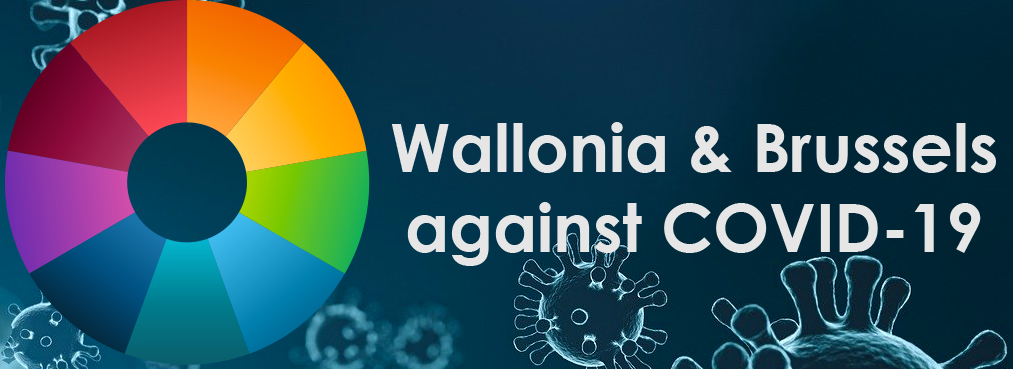Gilles Parzibut, Doctor
ULiège, CHU
" La recherche de biomarqueurs fiables, sensibles et peu invasifs est un enjeu de premier ordre pour la médecine moderne. En effet, ces biomarqueurs ont le potentiel de transformer la prise en charge médicale en améliorant le dépistage et le diagnostic, mais aussi en permettant de mieux appréhender la physiopathologie d'une pathologie ou sa réponse à un traitement donné. Fort de nos travaux précédents, nous proposons de réaliser une étude prospective sur une population adulte souffrant d'un SDRA modéré à sévère post SARS-COV2 afin de caractériser une signature exosomique plasmatique propre à cette population. "
Funding: FLF FIRS CHU de Liège
Publication References: hankar-Hari, M., Fan, E. & Ferguson, N. D. Acute respiratory distress syndrome (ARDS) phenotyping. Intensive Care Med. (2018). 45;(4): 516-519. Thompson BT, Chambers RC, Liu KD. Acute Respiratory Distress Syndrome. N Engl J Med. 2017;377(6):562–72. Johnstone RM, Adam M, Hammond JR, Orr L, Turbide C. Vesicle...


